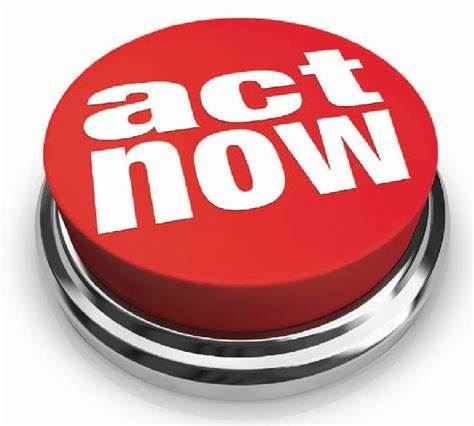LEGISLATIVE ADVOCACY

MSHA needs your help immediately.
Please read the information below and take action in the next 24 hours.
In 2021, Maryland enacted the Blueprint legislation in an attempt to improve the quality of education for our students. This legislation offers a $10,000 salary supplement to educators with National Board Teaching Certification (NBTC) and a $17,000 salary supplement to those with NBTC in high needs schools.
SLPs do not have access to NBTC because Pearson (the private company that does the testing) does not offer a category for SLPs.
Senate Bill 791 and House Bill 883 are currently up for debate in the 2023 Maryland General Assembly. MSHA President, Mary Casper, and MSHA Public Policy Team Member, Megan Miskowski, offered written testimony in support of the bills. On March 1, Mary and Megan testified in person in front of the Senate Energy, Education, and Environment Committee and the House Ways and Means Committee.
After the in-person testimony, MSHA submitted an additional letter to the Committees asking for an amendment that would recognize the Certificate of Clinical Competence (CCC) issued by the American Speech-Language-Hearing Association (ASHA) as an equivalent qualification to the NBTC for the salary supplements, rather than needing to undergo additional approval by the Professional Standards and Teacher Education Board (PSTEB) as is proposed in these bills.
MSHA needs you to ACT NOW.
Follow this link for more information and an email template.
Your Profession may be in jeopardy. Take action! Join MSHA!
WHAT MSHA DOES FOR YOU: MSHA helps ensure that SLPs and AUDs are part of the conversation.
~Guardians of state licensure: ASHA acts nationally. It is their expectation that the state associations act locally.
~Represent the profession at the state capital. We speak with state senators and delegates, informing them about the profession, issues that impact our practice and concerns of those we serve.
~Represent the interests of members by serving on various committees such as Telehealth Workgroup and State Steering Committee.
WITHOUT MSHA:
~Bills that may have allowed non-SLPs to supervise and evaluate our work may have passed (e.g., BCBA); MSHA has worked to protect the autonomy of the profession.
~ SLPs and Audiologists would be fending off encroachment from other disciplines (such as BCBA, Music Therapists)
~Currently, legislation has been proposed that could impact parent choice regarding their deaf or hard of hearing impaired child’s communication modality. MSHA is proposing amendments to the bill to help protect parent’s rights.
